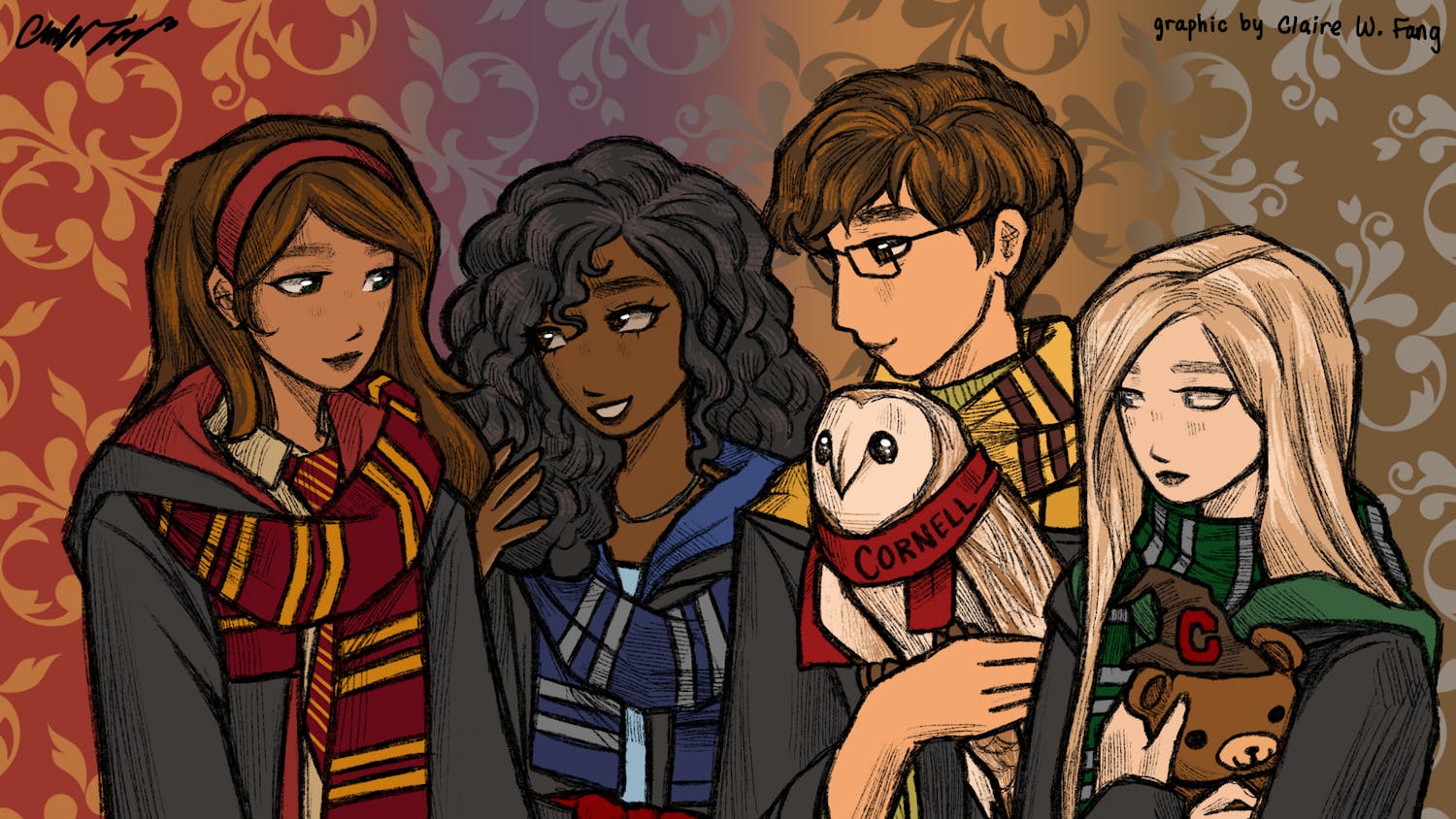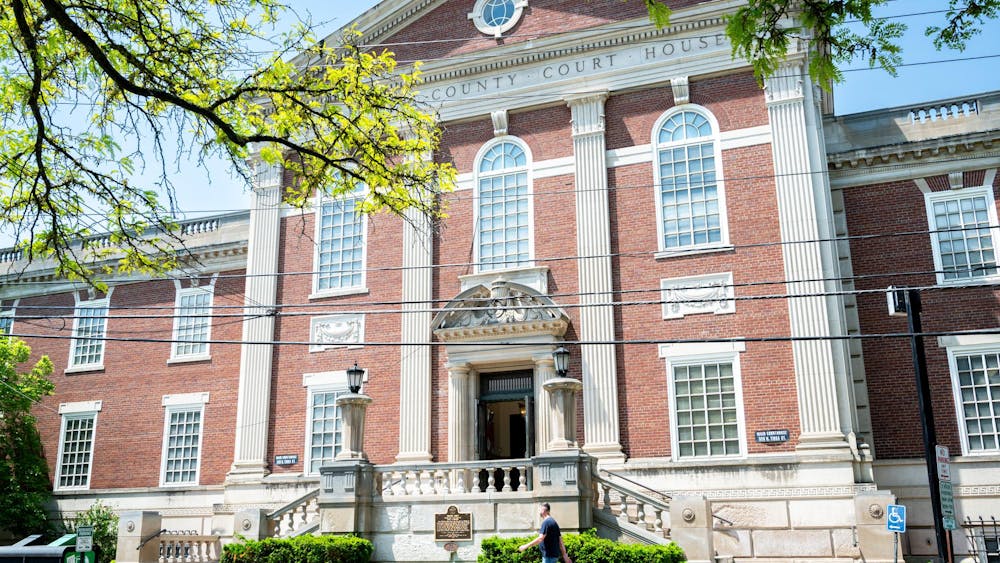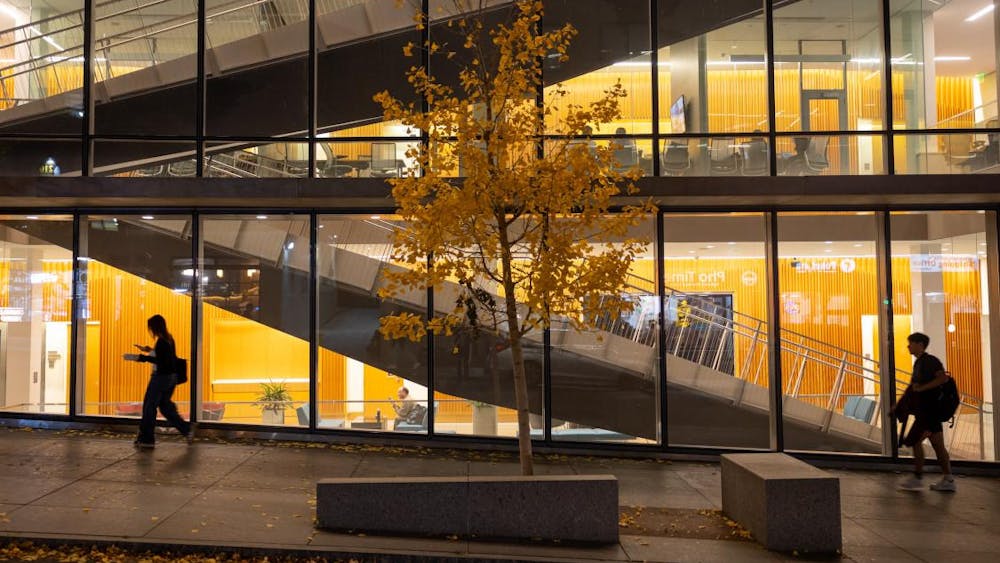This summer, 15 Cornell students embarked on a journey that reshaped their awareness of global health systems. In partnership with the non-governmental organization Swami Vivekananda Youth Movement and the ILR School, students in the Global Health program worked on four to six week projects at SVYM sites that related to students’ career and service interests.
In addition to projects, the students took classes at the Vivekananda Institute of Indian Studies in Mysore, India, where they learned about Indian culture, gender, labor relations and economics, language and yoga.
Global Health student Simran Malhotra ’20 saw her project on digitizing patient history have a tangible impact despite organizational complications.
“Because I was not working to publish something, I could work immediately with the NGO and actually saw them using my work,” Malhotra said.
According to Malhotra, since the doctors in India see up to 50 patients in a day — such a high volume of visits means that doctors do not have time to go over treatment procedures with patients. Instead counselors are called on to talk to patients after their visits with the doctors. Unfortunately, the patients’ records are traditionally stored in doctors’ offices, giving the counselors little to no information when describing treatment policies to the patients.
“Having a counselor talk to patients about treatment while the counselor has no access to the patients’ information is really ineffective,” Malhotra said.
Malhotra’s process of digitizing patient records was able to help counselors do their jobs more effectively.
“I made a tangible product they can use, and because I still have contact with SVYM, if they want to use what I made for other projects, I can help them via email,” she said.
Malhotra is not the only student that saw her work impact SVYM and the patients she worked with. ILR student Vanessa Lobo ’20 worked on creating standard operating procedures in tribal and non-tribal schools, which was a project under the social economic empowerment program run by SVYM. Specifically, Lobo worked to develop electric and agricultural education at the schools, and worked with women who ran the schools.
“We were able to talk so much to the women at the schools, but many of them said everything was fine because they were not trained to spot out problems,” Lobo said.
Besides structural problems, Lobo also discussed the initial difficulties of communication.
“I was frustrated because the translator would omit information the women said, so in addition to doing the project, we were also overcoming a lot of communication challenges,” she said.
The challenges, however presented themselves as learning opportunities for Lobo.
“At first, the program was marketed as changing the students internally. I thought I would have an impact instantly, but it took some time,” she said. “You really learn how to get passed the language barrier.”
Lobo also talked about her new understanding of privilege. Lobo added that she hopes to return not only to campus, but to her life in general with more of an appreciation for what she takes for granted.
In the long-run, Malhotra sees herself returning to India.
“I hope to go back as a medical student. I made something they can use and I want to continue the relationship I have with them,” Malhotra said.

Global Health, ILR Students Gain Service Experience Collaborating with Indian NGO
Reading time: about 3 minutes
Read More










